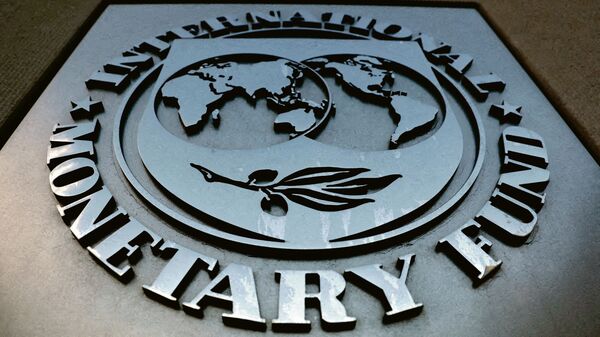The International Monetary Fund (IMF) has recently blocked incentives for Special Economic Zones (SEZs) in Pakistan, a move that could significantly impact Chinese investment in the country. The decision comes as part of the IMF’s broader agenda to ensure fiscal discipline and transparency in Pakistan’s economic policies amid ongoing negotiations for a bailout package.

Source:- news 18
Pakistan had envisioned SEZs as a crucial element of its economic strategy to attract foreign direct investment (FDI) and promote industrial growth. These zones were particularly aimed at facilitating investment from China, especially following the China-Pakistan Economic Corridor (CPEC), which seeks to enhance connectivity and trade between the two nations. The incentives, which included tax holidays and streamlined regulations, were designed to make these zones more attractive to foreign investors.
Source:- bbc news
However, the IMF’s intervention has raised concerns among Pakistani officials and business leaders about the potential slowdown in economic growth. The withdrawal of incentives could deter Chinese companies from committing to investments in the SEZs, thereby hampering the envisioned economic benefits. This situation is particularly critical as Pakistan grapples with severe economic challenges, including high inflation and a widening fiscal deficit.
Pakistani authorities are now under pressure to negotiate with the IMF to restore these incentives while ensuring compliance with the Fund’s requirements. The Pakistani government argues that the success of SEZs is vital for job creation and sustainable economic development.
The future of Chinese investment in Pakistan’s SEZs remains uncertain, with the potential for reduced engagement from Chinese firms if the incentives are not reinstated. As both nations navigate these challenges, the outcome will be crucial not only for Pakistan’s economy but also for its strategic partnership with China. This development underscores the delicate balance between international financial oversight and the need for economic growth in developing nations.
Share your views in the comments

